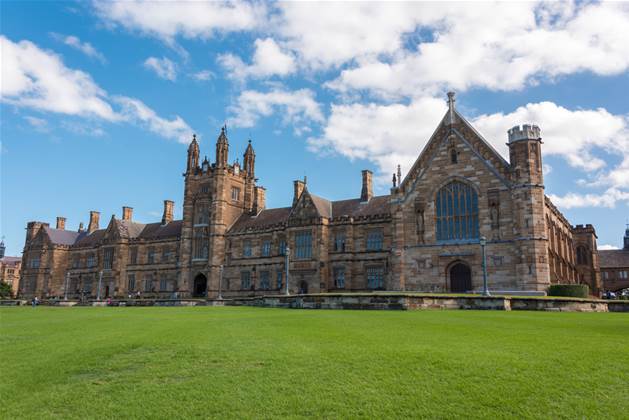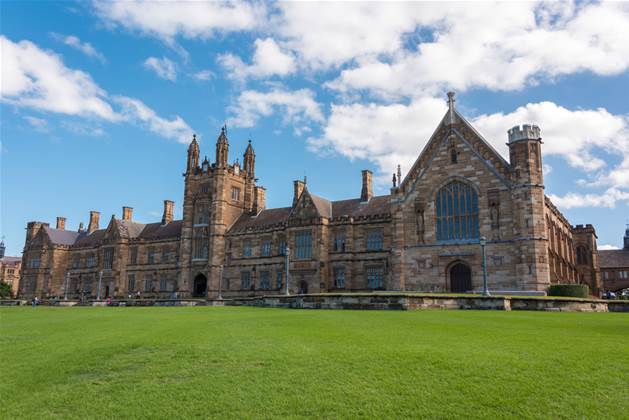Enhancing Cybersecurity at the University of Sydney

In a strategic decision to enhance its cybersecurity framework, the University of Sydney has declared the appointment of Damien Mathieson as its permanent Chief Information Security Officer (CISO). This choice follows seven months after Mathieson initially took on the role in an interim capacity.
Holistic Cybersecurity Approach
Mathieson’s shift from interim to permanent CISO symbolizes an important advancement in the university’s dedication to a strong cybersecurity framework. His broad expertise, including a prior CISO tenure at the NSW Department of Education and leadership in cybersecurity uplift initiatives at the NSW Department of Premier and Cabinet, equips him to effectively steer the university’s cybersecurity strategy.
Advancing Digital Transformation: The Digital Sydney Initiative
Alongside Mathieson’s appointment, Josh Roberts has been designated as the executive director of “Digital Sydney.” This project is integral to the university’s comprehensive digital transformation strategy, with goals to substantially improve its digital capabilities by 2032.
Vision for 2032
The “Digital Sydney” initiative is fundamental to the university’s strategic emphasis on digital innovation. As per the 2024 annual report, the initiative is crafted to cultivate a vibrant digital ecosystem that will enhance teaching, research, and operational achievement.
Key Leadership Appointments
Nicole Gower, Vice President of Operations, highlighted that the appointments of Mathieson and Roberts are critical to the university’s ambitious digital strategy. These positions are essential in guaranteeing a secure and innovative environment for the academic community.
A Historical Perspective: The Evolution of the CISO Role
The CISO position at the University of Sydney has undergone significant transformations in recent years. Previously occupied by Steven Bennett from March 2021 until April 2023, the role is now being redefined to address the changing needs of digital security and governance.
Conclusion
The recent appointments at the University of Sydney underscore a strategic emphasis on cybersecurity and digital transformation. With Damien Mathieson serving as the permanent CISO and Josh Roberts directing Digital Sydney, the university is set to meet its digital objectives by 2032. These leadership positions reflect the institution’s commitment to creating a secure and forward-thinking academic environment.
Q: Who is Damien Mathieson?
A: Damien Mathieson is the newly named permanent Chief Information Security Officer at the University of Sydney, bringing experience in cybersecurity from NSW government sectors.
Q: What is the Digital Sydney project?
A: Digital Sydney represents the University of Sydney’s initiative aimed at enhancing its digital infrastructure and capacities, with significant advancements expected by 2032.
Q: Why is cybersecurity crucial for universities?
A: Cybersecurity is essential for safeguarding sensitive data, ensuring secure online operations, and upholding the integrity of academic and research efforts.
Q: What are the objectives of the University of Sydney’s digital transformation?
A: Objectives include improving digital capabilities to bolster teaching, research, and operations while fostering a secure and innovative academic atmosphere.
Q: What qualifications does Josh Roberts bring to his new position?
A: Josh Roberts will spearhead the Digital Sydney initiative, leveraging his experience in digital transformation to enhance the university’s digital capabilities.











